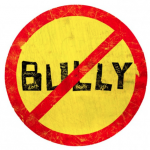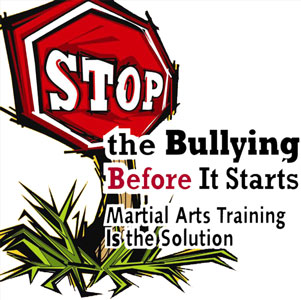The school year is over, and unfortunately for many kids that means relief, a break from problems with other kids.
It might be easy to take this time and breath a sigh of relief for the 2-months break, but September will come all too fast for kids that have had problems with bullies and confidence at school.
With this break from the things that drag kids confidence down in school it is the perfect time to build it up.
For the next 2-months there is a opportunity for all the kids that experienced confidence and bullying issues to take 10 steps forward, without being dragged 9 steps back.
Think about it, if you had a leaky roof that was causing you problems and you knew that you had 2-months of dry weather ahead would you breath a sigh of relief and ignore the issue until the next rain, or take the opportunity to patch the roof up (which is much easier to do when it's not raining)?
It is far easier to deal with things when they are not in a problem state then when you are dealing with everything head on at the same time.
So if your child had problems last year in school, now is the best time to get them involved in something that will help them address those issues before having to go back to them. Martial arts is one that I feel very strongly for and have seen make a world of difference for many kids, but it's not the only option. There are so many great camps, leadership building activities and other options available to kids that there is something for everyone.
That said keep the issue in mind when looking for a solution. If the issue is social (confidence, bullying, group behaviour, etc) the solution needs to be social as well. A child with trouble interacting with peers is not going to solve that through individual activities where they do not have to interact with peers.



